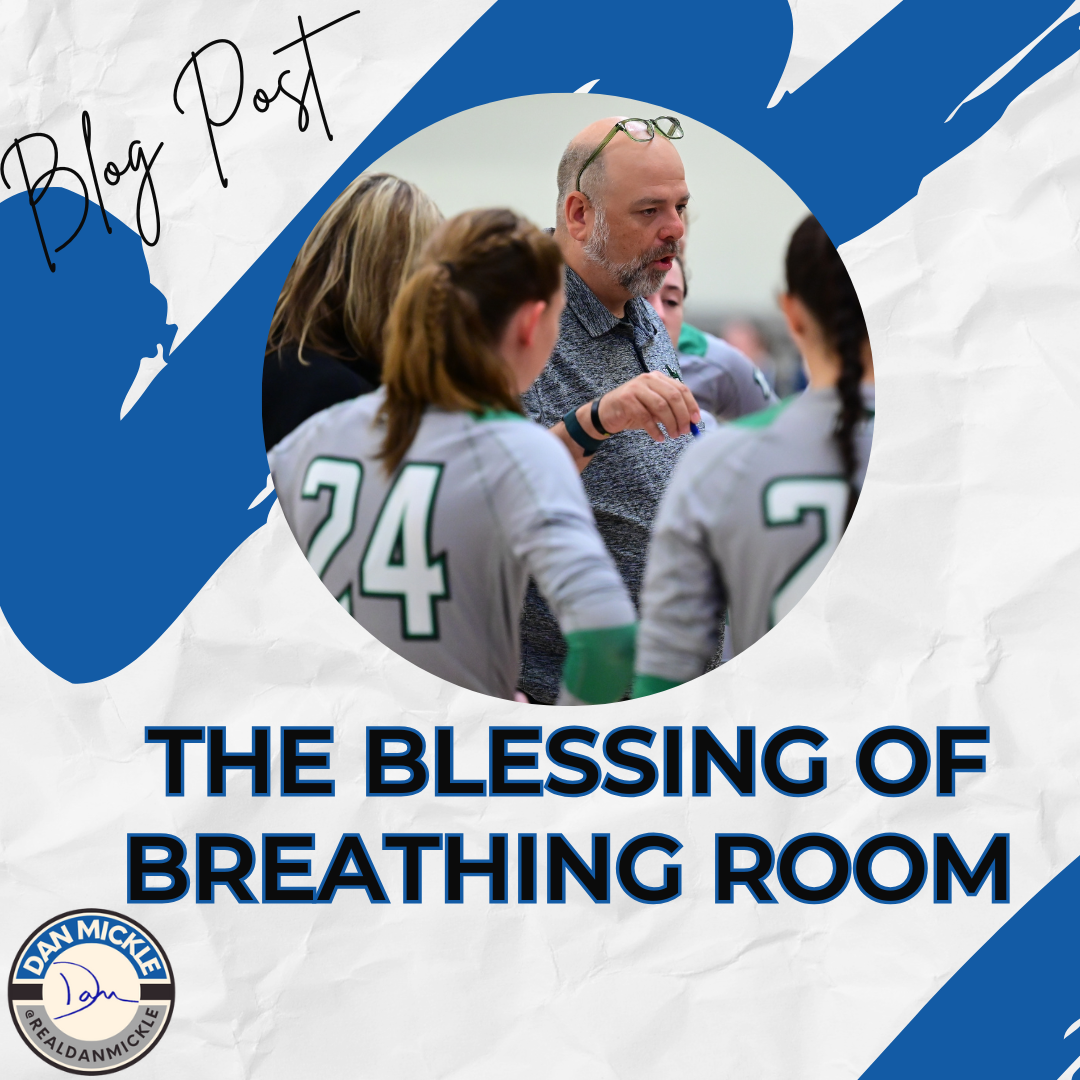College Volleyball and the Blessing of Breathing Room
TL;DR:
The college volleyball experience stands out not because it’s easier, but because it offers space, ownership, and balance; a contrast to the relentless cycle of club volleyball.
Every once in a while, a comment sticks with you. Not because it’s critical or loud, but because it quietly pulls at a thread you didn’t realize was loose. That happened recently when someone replied to a post where I mentioned, almost offhandedly, how thankful I was that my athlete doesn’t play school ball anymore.
But it wasn’t really about school ball. It was about everything that comes before the college volleyball experience. Specifically: club.
The Club Cycle That Doesn’t Stop
For those of us who’ve lived inside the machine that is youth volleyball, you know it well. Club season ends, tryouts begin, school season picks up, another round of club starts. There’s barely time to clean the sand out of your shoes before the next calendar drops. And we do this year after year like it’s normal. Expected. Celebrated, even.
Then it catches up.
Your athlete drags themselves through another tournament weekend with glassy eyes and taped-up knees, wondering why the thing they once loved now feels like a job they can’t quit. As a parent or coach, you find yourself doing calendar gymnastics just to make it all work while asking, “Wait, didn’t we just finish a season?”
There’s no off switch in the youth system. No intentional pause. It’s full speed from 13s to graduation. And that wears on people: physically, mentally, emotionally.
That’s the context behind my “thankfully.” Not a jab at school ball. Not a superiority complex. Just relief. A sigh from someone who’s seen too many athletes sprint a marathon with no water breaks. Someone who knows that “grit” doesn’t mean ignoring burnout until your joy fractures.
Why the College Volleyball Experience Feels Different
This is where college volleyball steps in. Not as a trophy at the end of the pain parade, but as something better by design.
What makes the college volleyball experience feel so different? It isn’t just the competition or the gear or the travel. It’s the breathing room.
The recruiting process, when done right, actually allows athletes to get to know where they’re going. Unlike club commitments that get locked in after a weekend and 48 hours of chaos, college recruiting can be (and honestly, should be) intentional. You meet the team. You learn the culture. You ask the awkward questions. You figure out if this is your place, not just a place.
And once you’re there? You rest. Seriously. Built-in recovery time. Scheduled breaks. Seasons that start and end, instead of looping endlessly with different jerseys and the same pressure.
That might not sound revolutionary. But when you’ve grown up in the youth volleyball world, it feels like discovering fire.
Standards and Autonomy Matter
Then comes the autonomy. College athletes have more say, and more responsibility. It’s not “Coach says jump, you ask how high.” It’s “Here’s the standard. What’s your plan to rise to it?” There’s structure, yes. But there’s freedom, too. The kind that teaches you to lead, manage your energy, and speak up when something doesn’t feel right.
I get it. College volleyball isn’t all sunshine and pep talks. There are programs that fall short. Coaches who miss the mark. Politics that still sneak in. Some athletes transfer. Some get burned out all over again. No level of play is immune from hard days or hard people. But on the whole, the structure of college volleyball creates space for better. Better communication. Better balance. Better support. Not because it’s flawless, but because it’s built with intention, something that often gets lost in the whirlwind of youth club chaos.
A Place to Grow Without Burning Out
And maybe, most importantly, the college volleyball experience allows for something that’s often missing in youth sports: growth without exhaustion. It’s still demanding. The standards are high. But they’re framed by balance, not burnout.
If you’ve followed my work, you’ve seen where this thread leads. I’ve written before about the emotional toll of constant competition in How I Grew to Resent the Sport I Love and the long walk back to joy in The Road Back…To Me. This isn’t abstract. It’s personal.
So when someone asked what makes college volleyball “superior,” I don’t think they meant trophies or titles. I think they were asking why it feels better. Why athletes seem happier. Why the dread fades.
The answer? Space. Voice. Time.
College volleyball isn’t perfect. But for many athletes, it’s the first time they realize they don’t have to survive the sport to enjoy it. They can just… play.
And that’s something worth being thankful for.


